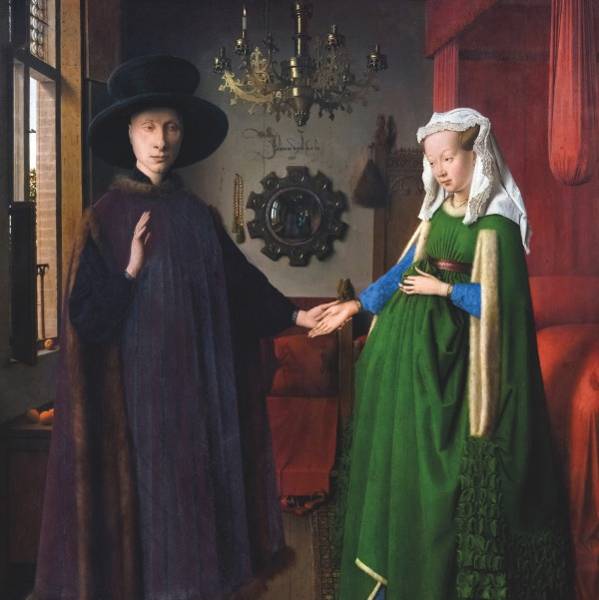
As many of you will be aware, yesterday the European Court of Human Rights made a landmark ruling on religious freedom and human rights, releasing its judgement on four cases that have dominated British headlines on the issue in recent years.
In relation to three of the cases, the court rejected the appellants' claim that their Christian beliefs had been discriminated against. Two of those cases concerned the views of Christian workers on dealing with gay couples in the course of their jobs – Gary McFarlane lost his job as a relationship counsellor at Relate for refusing to counsel same-sex couples, and Lillian Ladele was dismissed as a registrar by Islington council for declining to conduct civil partnership ceremonies. The third case involved the nurse Shirely Chaplin, who insisted on wearing a cross on a necklace despite the fact that in contravened NHS uniform regulations.
In its judgement, the court outlined the principle of religious freedom. It should be "one of the foundations of pluralistic, democratic societies", but "where an individual's religious observance impinges on the rights of others, some restrictions can be made".
In the cases of McFarlane, Ladele and Chaplin, restrictions on religious freedom were considered just. Only in the fourth case, that of Nadia Eweida, the Coptic Christian who was forbidden to wear a cross on a necklace while working for British Airways, was the appellant's insistence upon religious observance deemed not to impinge upon the rights of others.
There's been plenty written elsewhere on the judgement, so I won't spend too long on my opinion, except to say that it seems fair. To me, it's always seemed fairly obvious that McFarlane and Ladele didn't have cases, as they wanted to use their religious beliefs as a reason to discriminate against others, while Chaplin's desire to wear a cross clearly conflicted with an NHS uniform policy which takes health and safety into consideration. She was even offered the chance to wear the cross on a pin, and declined, preferring to take the issue to the courts.
As for Eweida, in my view the ruling is correct – it's always baffled me that the case ever went this far. Her request to wear a cross on a necklace in no way infringed on the rights of others, and this can be demonstrated by contrasting it directly with the case of Chaplin – where a hospital uniform policy has to take health and safety into account, an airline's policy is mostly a case of aesthetics (particularly for those who, like Eweida, work on the ground rather than in the air).
Away from my opinion on the ruling however, I think it's interesting to look at how it has been reported in the press and elsewhere on the web. There are two main ways of interpreting the story – on the one hand, it's a victory for those who believe religious freedom has to end at the point where it impinges upon the rights of others, while on the other hand it's a victory for the principle of religious freedom, with the European court overruling British judgements deemed too restrictive in relation to religious rights. It just depends how you report it – if it's a victory for religious freedom, you lead with Eweida's ruling, as many newspapers did (see for example the Guardian, the Mail and the Sun).
Yet in three of the four cases the court ruled against the appealing Christians – this hasn't been foregrounded in the press (except by the Telegraph, which sees it as a sign of rising secular intolerance), but in our view here at the Rationalist Association it's the key message. It's a sensible judgement which sets the correct parameters for religious freedom, which is why we agree with the British Humanist Association's Andrew Copson who, in welcoming the ruling, said:
"All reasonable people will agree that there is scope in a secular democracy for reasonable accommodation of religious beliefs when that accommodation does not affect the rights and freedoms of others. But if believers try to invoke their beliefs as a defence for treating other people badly – denying them a service because they are gay or claiming a right to preach at them in a professional context – the law is right to prevent them. It’s not persecution of Christians; it’s the maintenance of a civilised society for all."
What do you think? Do share your view in the comments.

